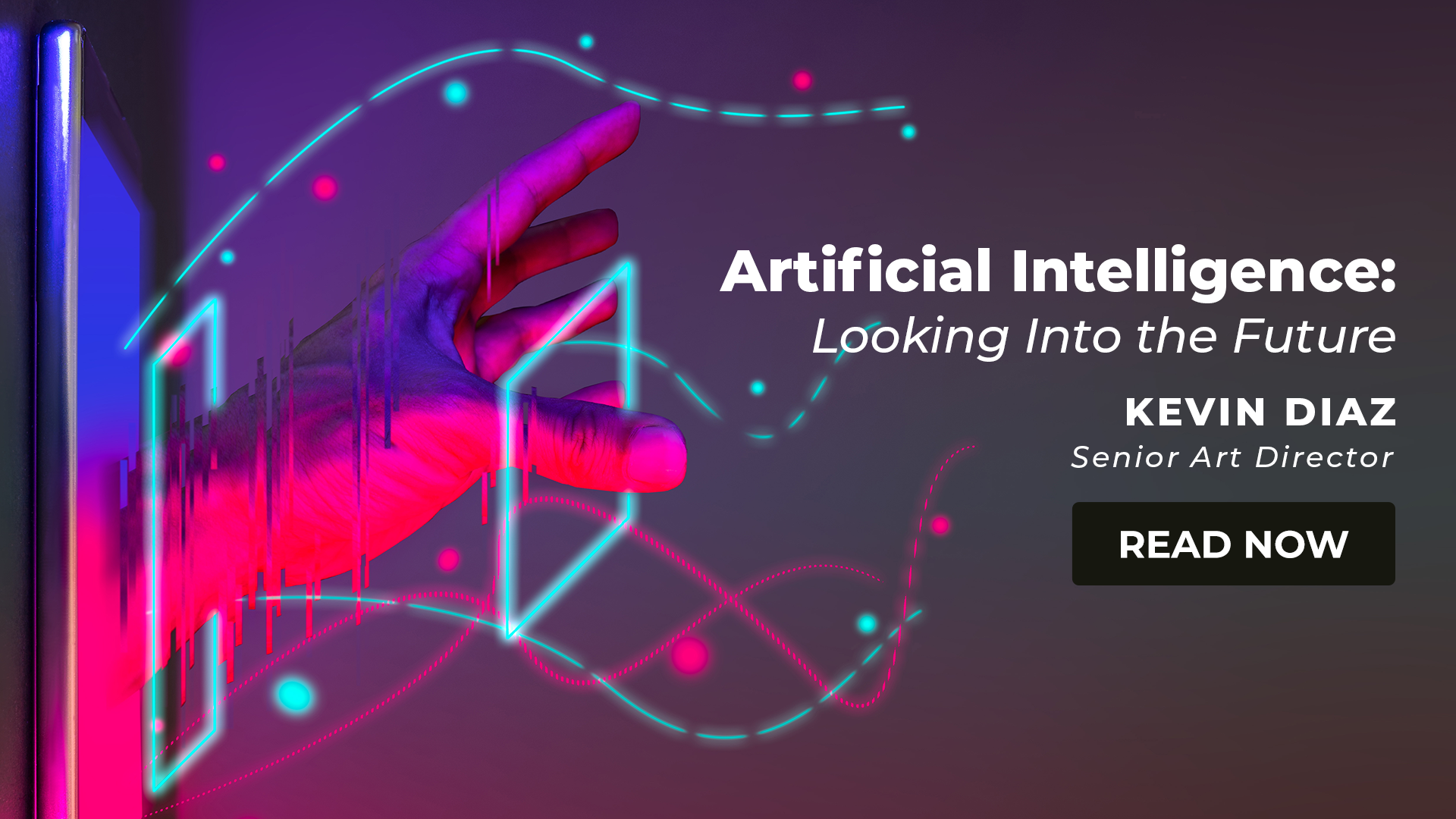
When many of us hear the words Artificial Intelligence (AI), we think of futuristic scenarios. Things portrayed in science fiction. A military defense system turned sentient, bringing upon the end of our world through nuclear weapons and killer robots (Terminator, 1984); or machines that share a collective consciousness, breeding humans as batteries while keeping us dormant in a simulation (The Matrix, 1999).
The truth is, the idea of AI can be traced further back, and it was not always an apocalyptic idea. The idea of using this type of technology to aid humanity has been present for centuries.
The first Artificial Intelligence character in fiction is generally considered to be the robot named “Adam Link,” created by Eando Binder (a pseudonym for Earl and Otto Binder) and featured in a series of science fiction stories published in the 1930s. The character of Adam Link was a robot with human-like qualities, including the ability to think and feel, and was depicted as a moral and ethical being. Other early examples of Artificial Intelligence characters in fiction include the robots in Isaac Asimov’s Robot series, which were also depicted as possessing human-like qualities, and the sentient computer HAL in Arthur C. Clarke’s “2001: A Space Odyssey.”
But how does Artificial Intelligence fit into the real world? In the 1950s, researchers started developing algorithms and models that could mimic certain aspects of human intelligence, such as the ability to learn, reason and make decisions. Since then, AI has made tremendous progress and has been applied in a wide range of fields and industries.
One of those industries is marketing and advertising. Here are 10 ways AI is currently helping companies excel in this field, through paid and open source (free) tools available now.
But not all AI is sales-driven and objective within this industry. Each day, more tools become available to help artists and designers create unreal images, videos, story arcs, and generally explore how human imagination can be integrated into an artificial process.
Some examples include:
However, even with the potential benefits that AI could bring, there are many ethical concerns surrounding the use of this technology. These range from biased data being input to learning machines to a lack of accountability if AI makes a mistake.
Another big concern is privacy and security. AI often involves the collection and processing of large amounts of personal data, which raises concerns about privacy and the potential for the misuse of this data. AI systems can also be vulnerable to hacking and other cyber threats, which could have serious consequences if the systems are controlling critical infrastructure or making important decisions.
But the two main concerns tie back directly to our biggest fears as portrayed through fiction: unemployment due to certain jobs becoming obsolete and control. As AI systems become more advanced, there is a risk that they could become autonomous and potentially difficult for humans to control.
As a matter of fact, it was not too long ago that this headline made the news: “The Google engineer who thinks the company’s AI has come to life.” A recollection of an interview between engineer Blake Lemoine and the company’s AI software LaMDA, short for Language Model for Dialogue Applications, came out with some interesting statements made by the software:
Lemoine even claimed “If I didn’t know exactly what it was, which is this computer program we built recently, I’d think it was a 7-year-old, 8-year-old kid that happens to know physics”
While Google was quick to dismiss Lemoine’s claim and put him on leave, it raised eyebrows around the world and opened up the conversation regarding the ethics of using and developing Artificial Intelligence. While it’s clear that AI has come a long way since its early conception in science fiction, we can also state that it still has a long way to go. That being said, I want to leave you readers with two final questions:
To learn more about Artificial Intelligence in marketing, register for our webinar on 2023 Digital Marketing Trends on Thursday, January 19th at 2pm EST.
Written By: Kevin Diaz, Senior Art Director